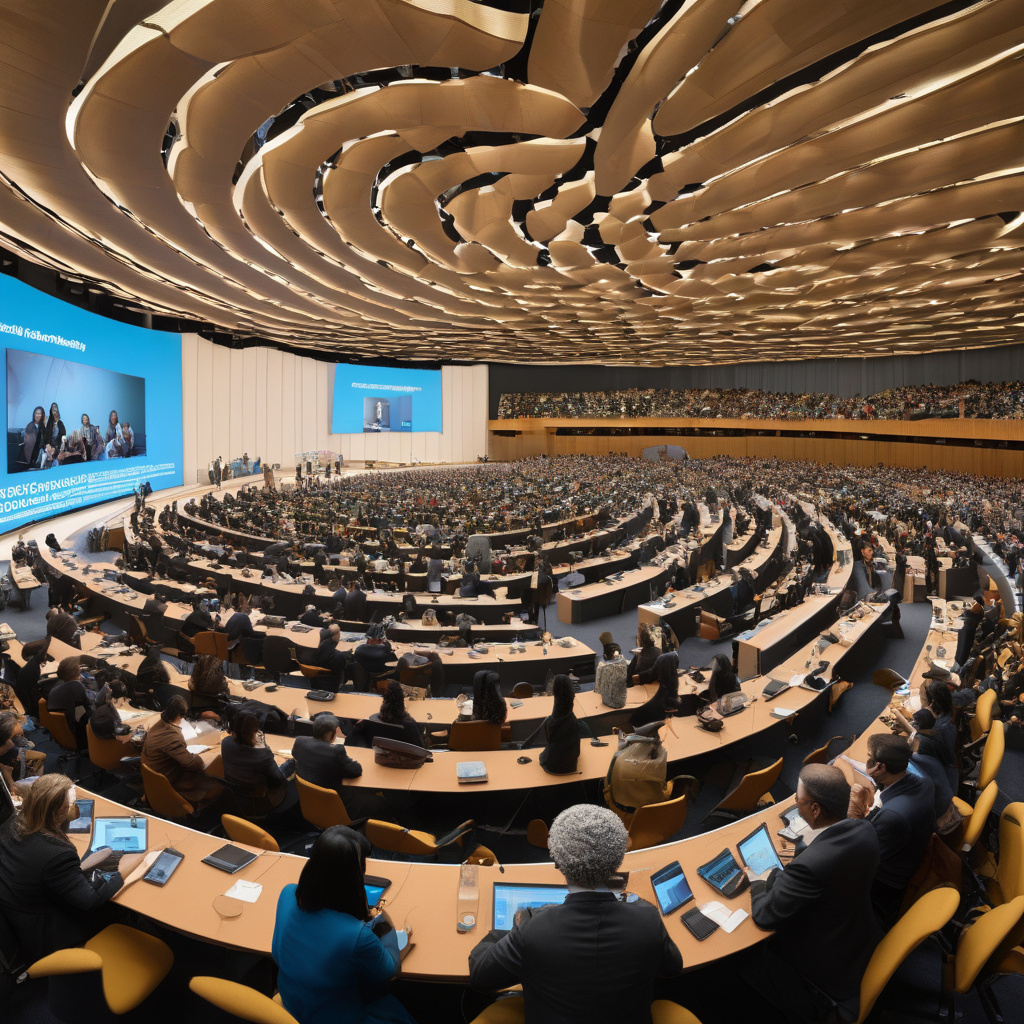Civil Society’s Call for Digital Rights and Justice: A Recap of WSIS+20 Review at IGF 2025
As global civil society leaders converge to reshape the digital rights landscape, their bold proposals signal a pivotal moment in the future of internet governance.
The recent World Summit on the Information Society (WSIS) +20 review at the Internet Governance Forum (IGF) 2025 brought together passionate advocates, policymakers, and stakeholders to address the pressing issues of digital rights and justice. In an ever-changing digital landscape, where technology evolves at a rapid pace, civil society’s role in advocating for a fair, inclusive, and rights-based digital ecosystem is more crucial than ever.
One of the central themes that emerged from the discussions at the WSIS+20 review was the need to ensure that digital rights are upheld and protected for all individuals, regardless of their background or circumstances. Civil society organizations put forth a series of bold proposals aimed at fostering a more equitable digital environment, where privacy, freedom of expression, and access to information are safeguarded.
At the heart of the debate was the issue of data privacy and protection. With the proliferation of data breaches and privacy scandals in recent years, there is a growing recognition of the need for robust data protection regulations that empower individuals to have greater control over their personal data. Civil society groups called for stronger data protection laws, transparency measures, and accountability mechanisms to hold tech companies and governments accountable for any violations of user privacy.
In addition to data privacy, the discussions at the WSIS+20 review also focused on the importance of promoting digital inclusion and bridging the digital divide. In today’s digital age, access to the internet is no longer a luxury but a necessity for full participation in society. Civil society organizations urged policymakers to prioritize initiatives that expand internet access, particularly in underserved communities, and ensure that everyone has the skills and resources needed to navigate the digital world safely and effectively.
Moreover, the issue of digital rights and justice also intersects with broader concerns around online censorship, surveillance, and content moderation. Civil society leaders emphasized the need to strike a balance between protecting online security and upholding fundamental rights such as freedom of expression and access to information. They called for greater transparency and accountability in content moderation practices, as well as safeguards to prevent the misuse of surveillance technologies for political repression or human rights violations.
As the digital landscape continues to evolve, civil society’s role in advocating for digital rights and justice will only become more critical. By pushing for policies that prioritize privacy, inclusivity, and accountability, civil society organizations can help shape a digital future that is fair, transparent, and respectful of basic human rights.
In conclusion, the WSIS+20 review at IGF 2025 served as a powerful reminder of the importance of civil society in advancing digital rights and justice on a global scale. As we look towards the future of internet governance, it is clear that the voices of civil society must be at the forefront of shaping policies that promote a free, open, and rights-based digital ecosystem for all.
digitalrights, internetgovernance, civilsociety, wsis2025, humanrights
